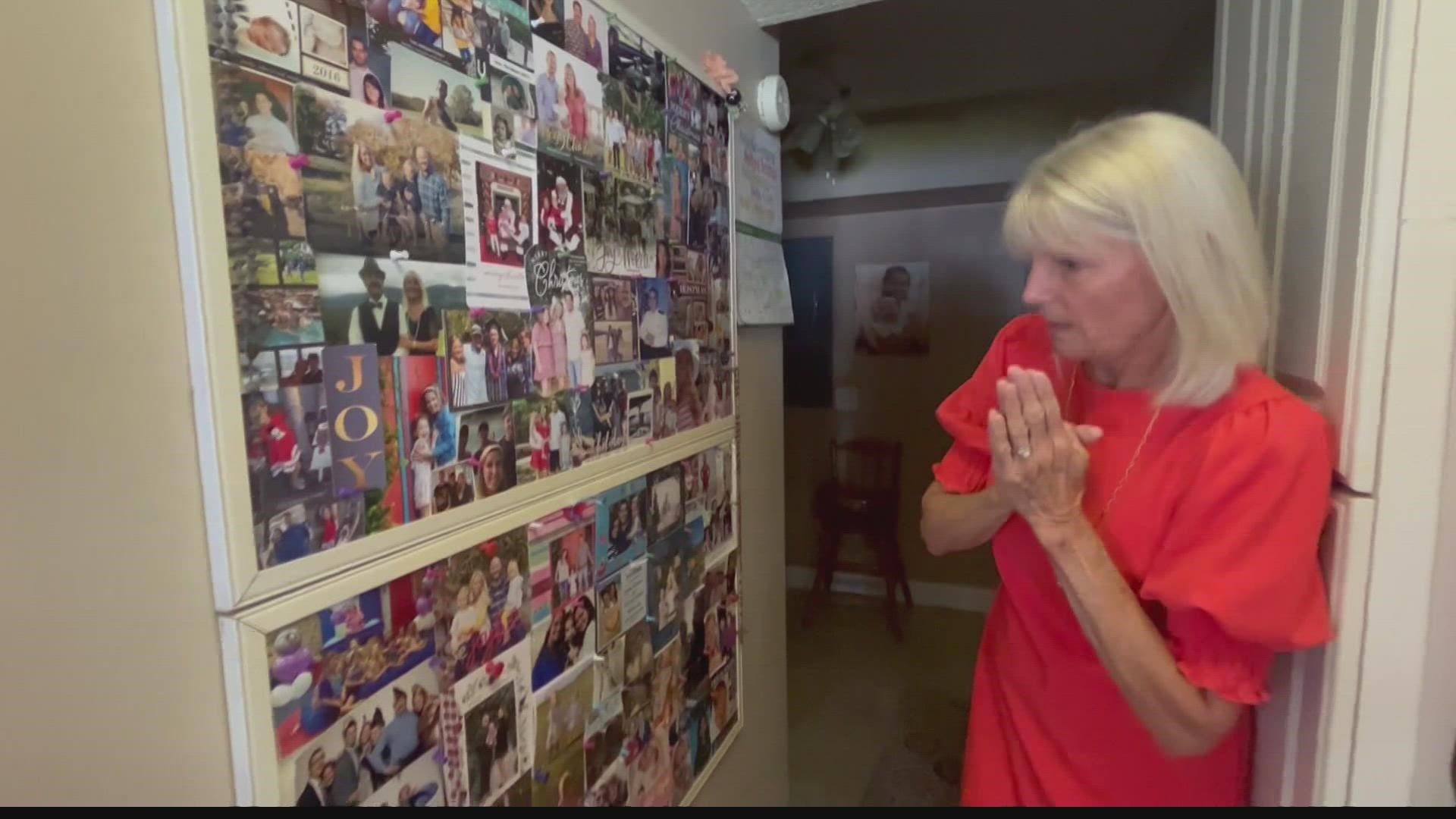JACKSONVILLE, Fla. — A new study could change medical care as we know it.
A study is happening in Jacksonville at Baptist Health where neurosurgeon Dr. Ricardo Hanel is looking into the link between genetics and brain aneurysms.
Dr. Hanel is finding out how likely it is that you’ll have a brain aneurysm if someone in your immediate family has one.
He hopes the results of the study will end up changing medical care starting with the forms at the doctors office. Hanel wants scans and testing for aneurysms to be more accessible.
The study has brought Pamela Jordan closure. She's a proud mom and grandmother.
“This is my middle daughter Lauren who lives here, and my son who lives in Tampa, and Kaitlin is here. My youngest who is in California," she says.
They are connected by blood and they’re hoping to find out that’s where their health similarities end.
"It’s always better to know," Jordan said. "Knowledge is a good thing. Then you are in control. You can make a decisions you need to make to take care of your health.”
Jordan’s sister had a brain aneurysm repaired last year. Baptist Health recruited Jordan to join the Familial Brain Aneurysms study.
She was the first family member in the study to find that she, too, had a brain aneurysm.
Now, her three kids are being tested in the study.
Dr. Hanel is the director for Baptist Health Neurological Institute. He is studying hereditary probability in order to save lives like hers.
"The key is to find an aneurysm before it bursts," Hanel says. "If it bursts, you have a 40 - four zero - percent mortality rate and a 40% disability rate."
"We knew for a long time that there is a relationship with families, but the key is to raise awareness of that," Hanel explains.
He says if you go to your primary care physician, you’re going to fill out a questionnaire before you see your doctor. They’ll ask if you have breast cancer or diabetes in the family. The list goes on.
However, there’s no question about if you or a family member has a brain aneurysm. He hopes his study changes that.
Hanel says you have a 6% chance of having a brain aneurysm if you have a first-degree family member with one. If you have two first degree relatives, that rises to 8%.
“We hope that a lot of other people are proactive and find out they do have one and can take care of it and not have it rupture," Jordan says.
The study procedures include a questionnaire, MRA, and a blood sample.
Enrollment is ongoing. If you or someone in your immediate family has had a brain aneurysm, you can find out if you too have one. It could save your life.
Call (904) 388-6518 Ext. 58762 for more information.

